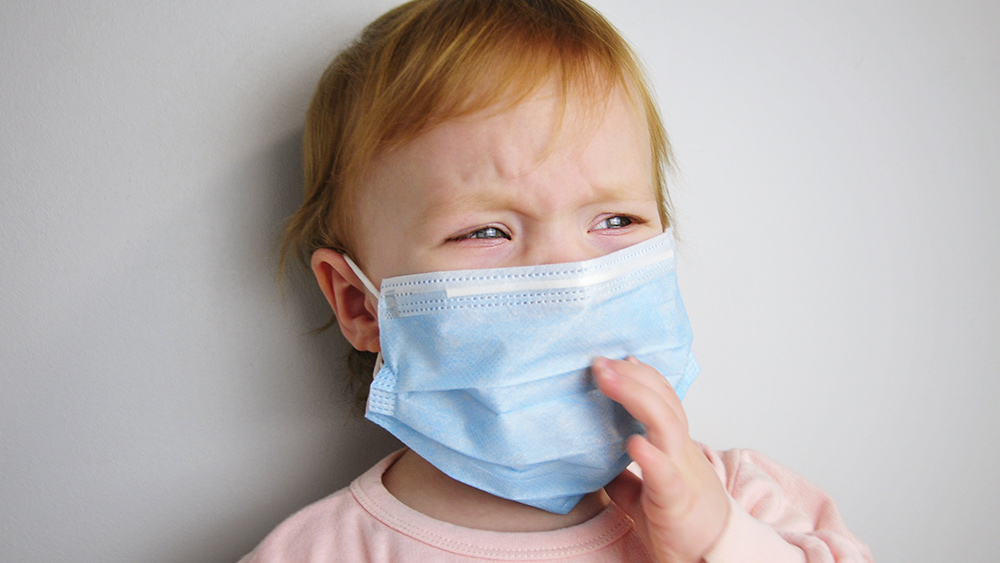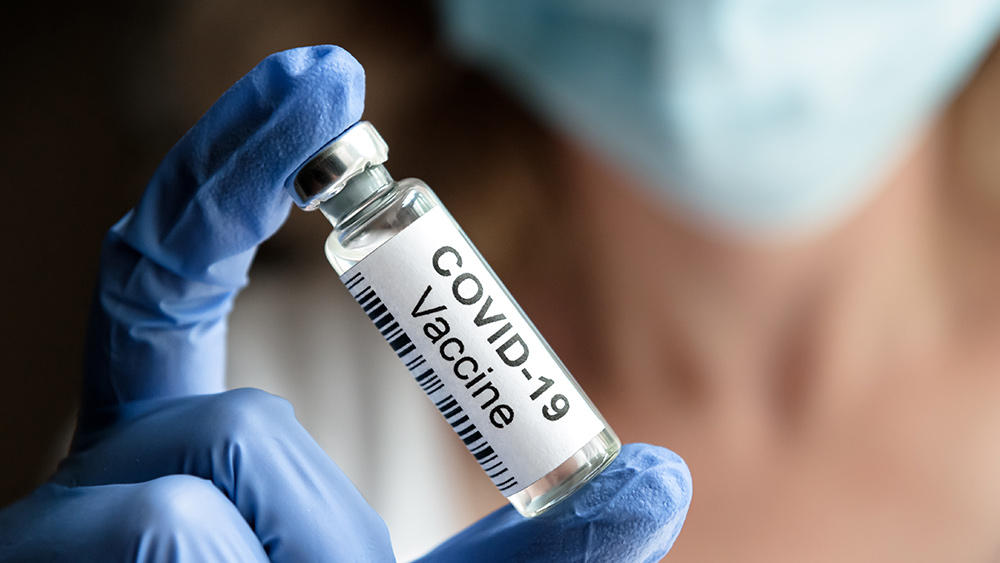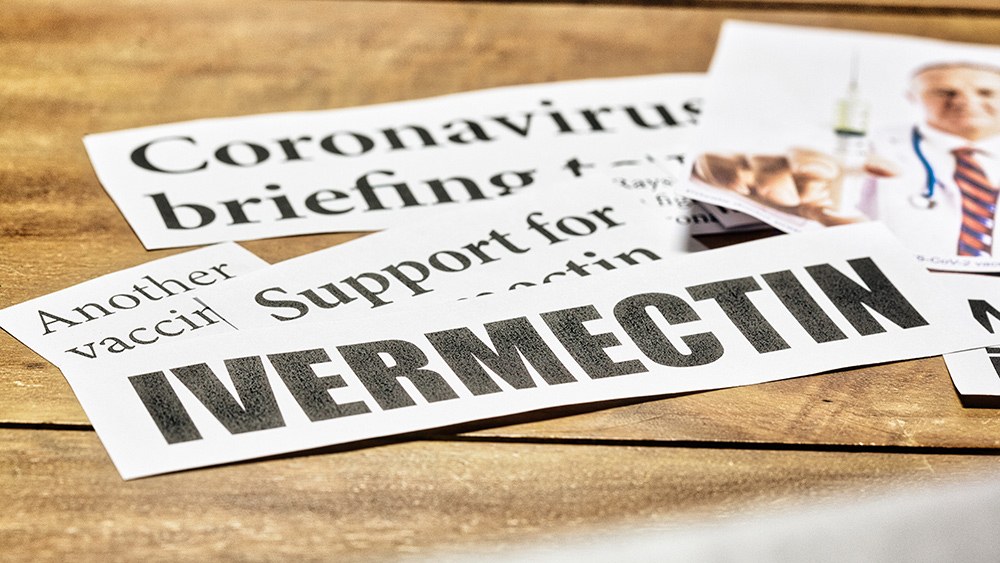Study suggests your gut microbiome shapes your personality
04/08/2022 / By Zoey Sky

Following a nutritious diet is important for your overall well-being. And according to a study published in the journal Nature, what you eat may even influence your personality.
The results of the study conducted by researchers from Texas A&M University showed that your diet could be linked to different personality traits.
Gut health and personality traits
The study findings showed that different kinds of distinct bacteria and metabolomes in your gut are linked to different personality traits.
In a statement, co-researcher Matthew Lee Smith explained that the study confirms many of the public health concepts associated with nutrition and health. He added that your gut microbiome may also be influencing your personality. And while the study findings are more suggestive than definitive, they can help experts understand “what gut health can do and how it makes people feel.”
For the study, the researchers examined any and all identified interactions between the human gut microbiome, mental energy (ME), mental fatigue (MF), physical energy (PE) and physical fatigue (PF). They found that specific bacteria and metabolome linked to metabolism are also linked to either mental or physical energy.
Additionally, data linked bacteria tied to inflammation with either mental or physical fatigue.
Ali Boolani, the lead study author, said that what you eat determines the bacteria and the microbiome in your gut. The study points to an exploratory link between your microbiome and your mood. (Related: “Good” gut microbes thrive on certain ingredients in dietary fiber, reveals study.)

Link between fatigue and energy
It’s normal to feel fatigued, but it’s a chronic problem for some individuals. Fatigue can also affect your personal and professional life.
In most cases, fatigue can also be a symptom of a disease or disorder that’s common in middle-aged and older adults.
But according to the study authors, fatigue is generally a poorly understood concept. To illustrate, if you’re feeling fatigued, you might think that it’s because of a lack of energy.
However, recent studies suggest that fatigue and energy don’t always have a direct link to each other. This means fatigue and energy are distinct moods, not opposites of each other.
Gut bacteria and personality traits
Food and diet are also factors that affect feelings of fatigue, and following a nutritious diet is key to ensuring that you feel energized consistently. This also means that having poor eating habits can cause tiredness.
Considering this, the researchers think that food isn’t the only factor that affects personality traits.
They also examined the gut microbiome by reviewing reviewed data gathered through a brief survey first used to identify any potential links between gut microbiota and mental energy, physical energy and fatigue.
Findings showed that the four traits, namely mental energy, mental fatigue, physical energy and physical fatigue, had unique but overlapping gut bacteria profiles. This inspired the researchers to conduct more studies in order to learn more about the role of gut microbiota on feelings of energy and fatigue.
Smith explained that both energy and fatigue can be influenced by various factors, such as diet, physical activity, sleep habits, chronic conditions or the medications taken for these conditions. Figuring out how nutrition and malnutrition are linked to fatigue and energy is important because “falls, chronic fatigue and low-energy can diminish the health and quality of life for older adults living with chronic conditions.”
He concluded that further study can help researchers understand these relationships and how diet can influence these factors.
How to improve your eating habits and overall health
Following a balanced diet is important for your well-being.
Here are some tips that can help improve your eating habits:
Focus on how you feel, not how you look. Eating healthier meals can help boost your energy and concentration.
Avoid fad diets. Instead, focus on eating nutritious meals and avoid eating junk food when you’re craving a snack.
Start with small changes. First, focus on achievable goals for healthier eating. Next, improve your eating habits one step at a time. Eat an apple or a banana if you’re craving something sweet.
Try meal planning. Planning your meals and snacks can help prevent unhealthy snacking. Additionally, it can cut on prep time when you’re hungry and not sure what to cook for lunch.
Eat more fruits and veggies. Consider trying some plant-based meat alternatives or have a salad for lunch. You can also add more fruits and vegetables to your favorite food.
Watch the video for tips on how to follow a heart-healthy diet.
This video is from the Vegan Shenanigan channel on Brighteon.com.
More related stories:
Glyphosate disrupts gut microbiome – even at “safe” doses.
157 Organisms form the “baseline biome” of a healthy gut, say researchers.
Scientists identify link between gut bacteria, muscle growth and function.
Sources include:
Submit a correction >>
Tagged Under:
#nutrition, digestion, discoveries, fasting, fatigue, food is medicine, food science, gut bacteria, gut health, gut microbiome, health science, mind body science, mood, nutrients, Personality, physical energy, research
This article may contain statements that reflect the opinion of the author




















